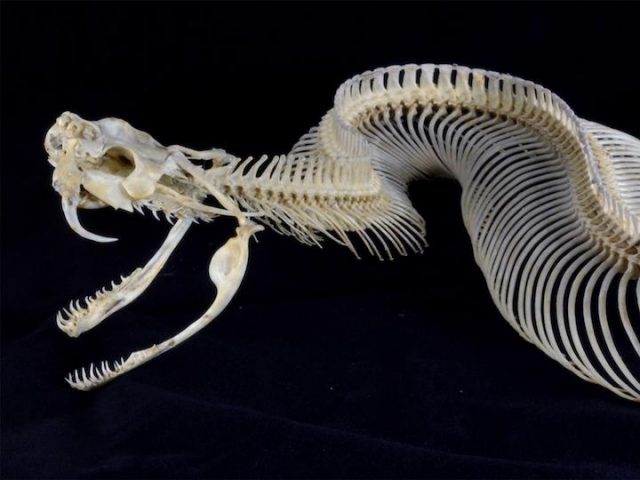Wise as Pigeons, Harmless as Snakes, by Anthony Esolen

Tens of Thousands of Trump Supporters Flood Streets of DC, Urge Pres. ‘Do Not Quit!’ as He Fights For Fair Election, by Martin Bürger
November 16, 2020
Critics Say McCarrick Report Evades Issue of Pervasive Homosexuality in Catholic Clergy, by Edward Pentin
November 16, 2020
By Anthony Esolen, The Catholic Thing, Nov. 16, 2020
Anthony Esolen is a lecturer, translator, and writer. Among his books are Out of the Ashes: Rebuilding American Culture, and Nostalgia: Going Home in a Homeless World, and most recently The Hundredfold: Songs for the Lord. He is a professor and writer in residence at Magdalen College of the Liberal Arts, in Warner, New Hampshire.
Note: Our 2020 elections are heading towards an end, but our work – as is always the case – is just beginning again. As our wise friend Professor Esolen observes today, the search for political utopias, large schemes that ignore both God’s sovereignty and human nature, even those preached by Christians, is the central delusion of our days. Keeping our eyes firmly focused on greater, higher things benefits not only our moral and spiritual life, but our worldly life as well, which is regularly wracked by disorderly and destructive passions. Here at The Catholic Thing we have been sounding that note for a dozen years and will continue to do so as long as we are able. But for that to be possible we need your help. We only come to you twice a year for your support, once around Easter and again, as now, as we enter the holiday season. If you are a regular reader, you know why it is important that these columns appear every day. Please, click the button below and follow the easy steps to make your contribution to our work. (All contributions are fully tax-deductible; and we never share your information.) Help us to keep alive something our world desperately needs: The Catholic Thing. – Robert Royal

![]() It is a part of the destiny of man, wrote Malcolm Muggeridge, “to pursue both power and love, knowing them to be incompatible. ‘Here am I, captain of a legion of Rome,’ a recently discovered inscription runs, ‘who served in the Libyan Desert and learns and ponders this truth: There are in life but two things, love and power, and no one has both.”
It is a part of the destiny of man, wrote Malcolm Muggeridge, “to pursue both power and love, knowing them to be incompatible. ‘Here am I, captain of a legion of Rome,’ a recently discovered inscription runs, ‘who served in the Libyan Desert and learns and ponders this truth: There are in life but two things, love and power, and no one has both.”
In God alone are power and love in perfect harmony. It is not so for us frail and fallible human beings, so we must take care not to confuse them. Muggeridge had seen too much of the seamy and the brutal to put his trust in, or to indulge in dreamy sentiment about, princes and their engines.
Thirty years after he had reported on Stalin and the starvation he visited upon millions of people in the Ukraine (and he knew it would cost him his job, while the socialist Walter Duranty, writing for The New York Times, happily helped to spread Stalin’s lies and won a Pulitzer Prize for it), he said that his disillusionment had merged “into a general sense that power must invariably bring out the worst in those who exercise it.” …




